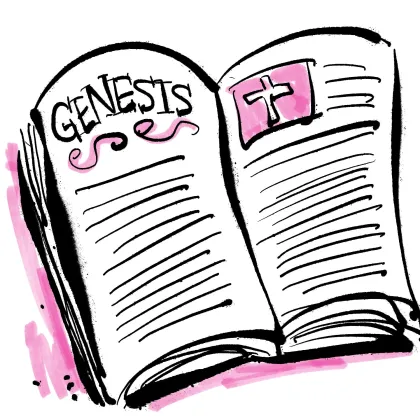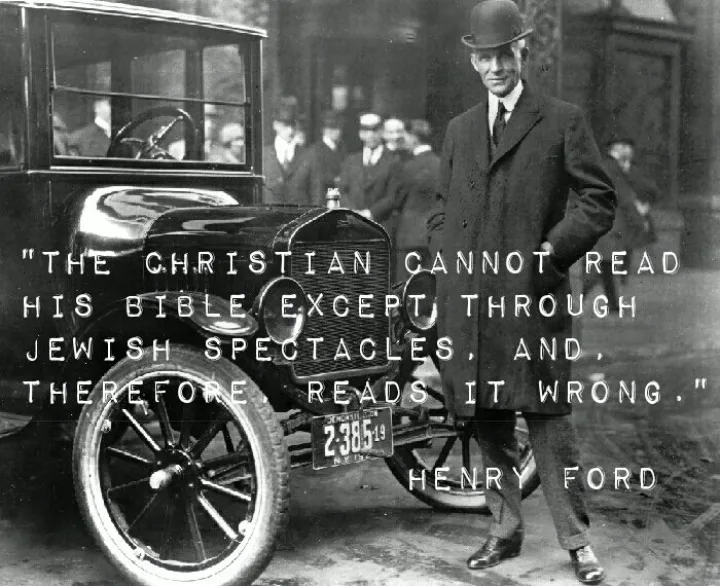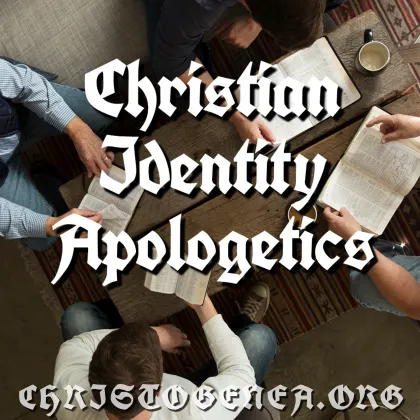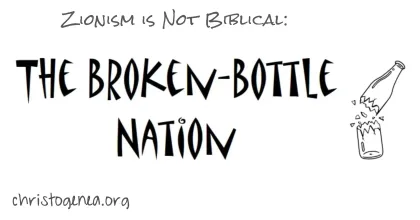William Finck on Jerm Warfare: The Importance of Genesis
Below is the video version of the interview presented in the podcast above:

The following remarks describing the interview in this podcast are from Jerm Warfare. Check out his podcast!
William's discussion with me this time is about the importance of Genesis to both Christians and Jews, as it relates to a fundamental understanding of historical identity.
Basically, Genesis isn’t linked to Judaism, but Christian and Jewish Zionism has captured it, pushing a false doctrine through a Jewish-only lens.
Moreover, William argues that Genesis isn’t a scientific or historical account of everything but a mix of reality and allegory, best read through a New Testament lens. For example, Adam and Eve weren’t the first humans but the first of the biblical epoch’s ‘Adamic’ race; what happened elsewhere in the world doesn’t matter to the Bible’s story....
This presentation was prefaced by a short video from Lion of Patmos: What are Christians Saved from When They Believe?










 Please click here for our mailing list sign-up page.
Please click here for our mailing list sign-up page.







